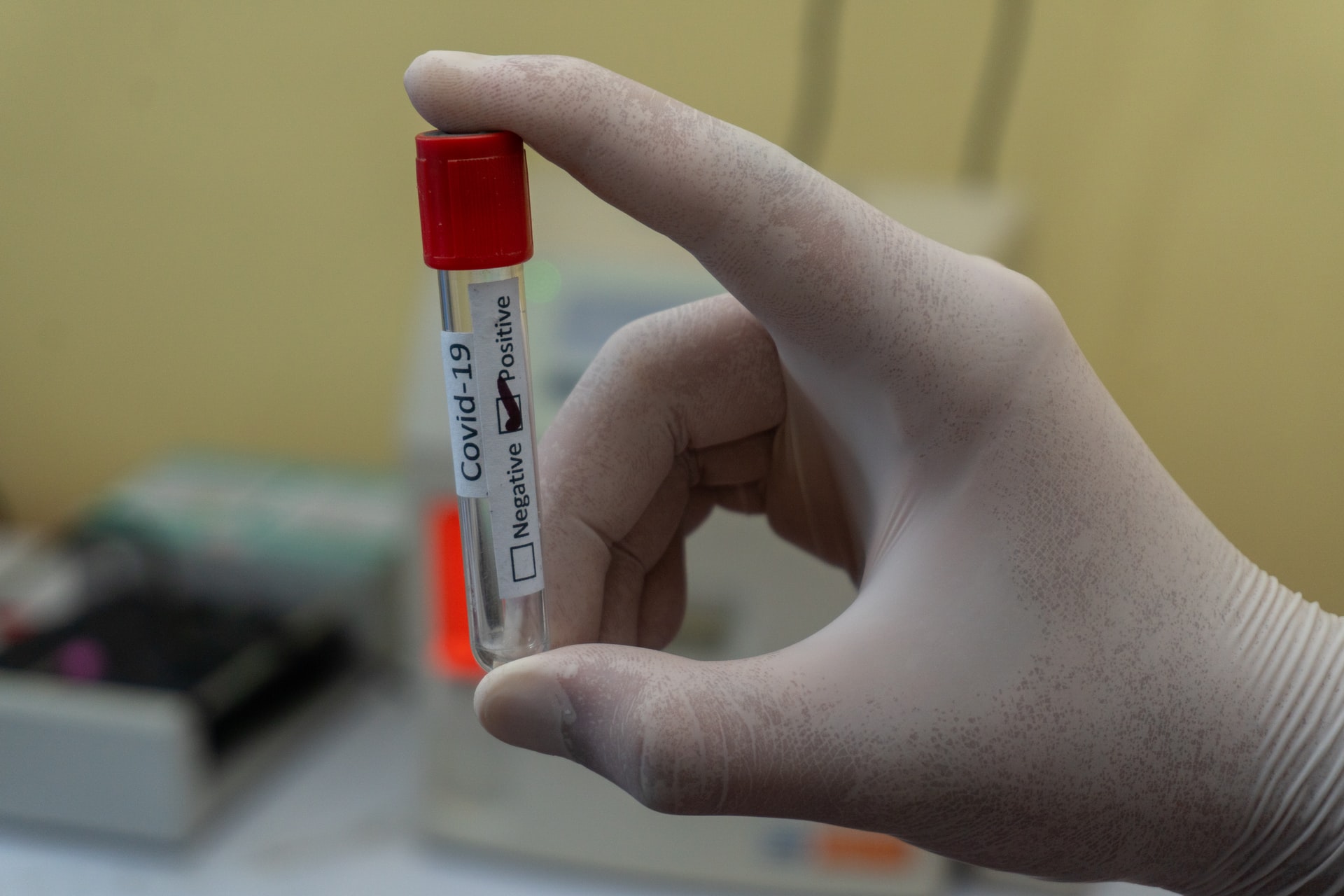By: Christine Selikem Lassey (University of Ghana School of Law)
The Coronavirus pandemic has impacted the law and society in many ways. New legal pillars are expected to be constructed on the law’s foundation to accommodate the new societal order.
The health sector has been battling to curb the spread of the virus. In so doing, the law requires medical professionals to exercise a standard of care. Where in breach, civil and/or criminal action may arise. COVID-19 has presented a peculiar situation where hospitals are required to follow strict guidelines when treating patients. Consequently, patients who exhibit COVID-19 symptoms undergo compulsory testing.
In some cases, the patients are given the prognosis of other ailments. Due to the compulsory COVID-19 protocols, patients may suffer damages as a result of late diagnosis. Also, health experts may commit fatal mistakes in the race for finding vaccines. Contact tracing requires large scale testing within the shortest possible time. There is a margin of error that is inevitable. Generally, in these cases, liability arises in the tort of negligence.
In a negligence claim, the Plaintiff must generally prove that he/she was owed a duty of care. A duty of care is established if there is reasonable foreseeability of harm and proximity between the parties and it must be fair, just and reasonable to impose a duty. In addition, the duty of care must be breached and the Defendant should have suffered damage.
An objective test is used by the court to determine if the Defendant acted reasonably in the circumstances. The standard of care required is that of the man of ordinary prudence. However, a doctor is expected to exercise the requisite skill and care expected of a physician. In determining the standard of care, the court also considers the relevant surrounding circumstances.
The task of ascertaining the standard of care in a pandemic is an onerous one. Indeed, even scientists and researchers are not fully informed about COVID-19 and its treatment. Nevertheless, the standard of care can be measured against treatment guidelines enunciated by health experts and the government at the time of treatment. Although these do not have a tone of finality as the guidelines are unstable. Lord Denning succinctly stated in Roe v. Minister of Health[1], “It is so easy to be wise after the event and condemn it as negligence that was only a misadventure. Doctors, like the rest of us, have to learn by experience; and experience often teaches in a hard way”.
The standard of care in a negligence claim would not be affected by advancements in the treatment of COVID-19 patients if these techniques did not exist at the time treatment.
Generally, the courts are more inclined to lower the standard of care where the activity in question is of societal benefit. Asquith L.J. in Daborn v. Bath Tramway[2] opined that “The purpose to be served, if sufficiently important, justifies the assumption of abnormal risk”. Medical professionals are faced with the dilemma of either conducting thorough research before suggesting the treatment of COVID-19 or beginning treatments while steadily progressing. The former will have our streets littered with dead bodies and the latter may sink hospitals in negligence claims.
During a pandemic as this one, medical professionals and hospitals cannot bear the brunt of negligence claims which may be instituted by thousands of patients. In certain jurisdictions, healthcare providers have been granted civil immunity from claims arising from treating COVID-19 patients. For example, in Alabama, healthcare providers enjoy immunity for acts or omissions not amounting to reckless or intentional misconduct in treating patients.
Practically, negligence claims against health care providers have not yet surfaced. However, it is pertinent to assure healthcare providers and volunteers on the front lines some sought of immunity in appreciation of their selfless service to humanity.
[1] [1954] 2 ALL ER 131
[2] [1946] 2 ALL ER 333



Leave a Reply